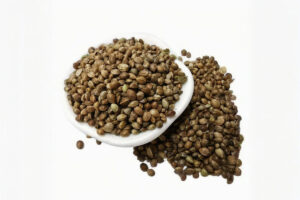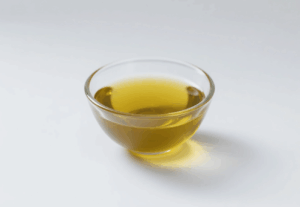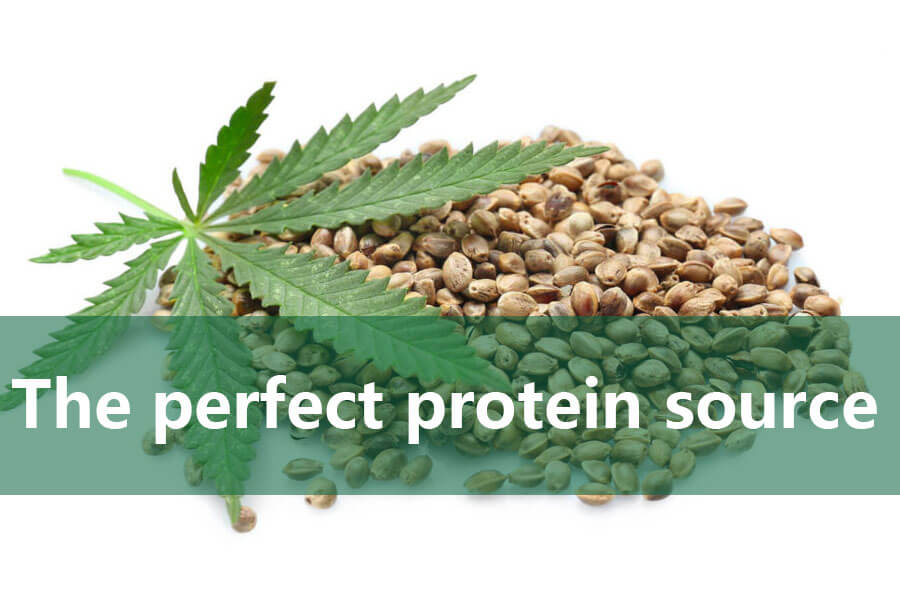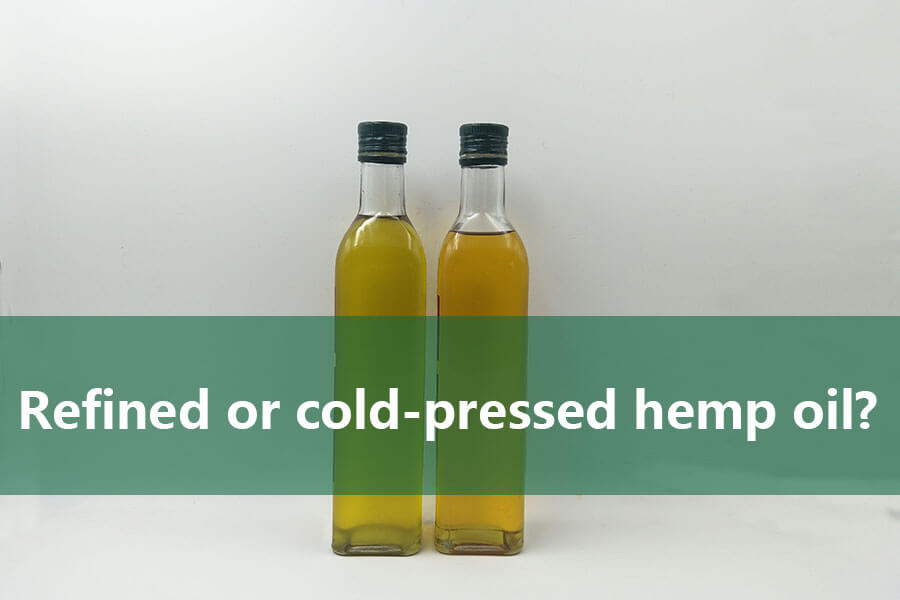As the popularity of organic hemp seed oil and organic hemp heart oil skyrockets, a critical question arises: Can these oils cause a positive result on a drug test? The short answer is no—when sourced responsibly. Let’s dive into the science, certifications, and extraction processes that ensure these nutrient-rich oils remain compliant and safe for all users.
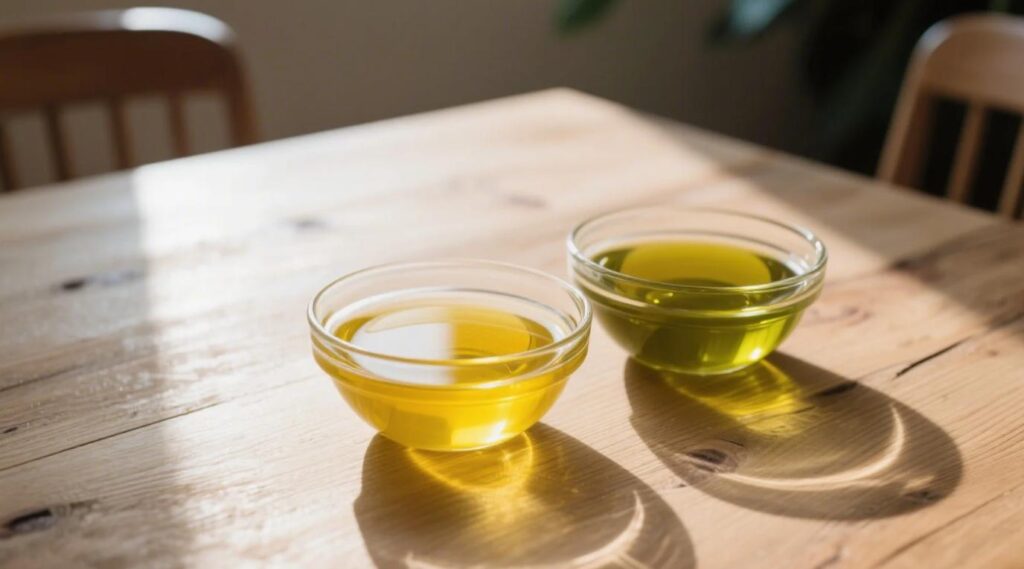
1. Understanding Drug Tests: What Triggers a Positive Result?
Drug screenings typically detect tetrahydrocannabinol (THC), the psychoactive compound in cannabis. However:
- Industrial hemp-derived oils (like hemp seed and hemp heart oil) must legally contain <0.3% THC to comply with U.S. federal and international standards.
- THC-free certification: Reputable brands use advanced filtration and third-party testing to ensure 0.0% THC, eliminating any risk of cross-contamination.
Key Fact: Even trace THC metabolites from low-quality oils are unlikely to accumulate in sufficient quantities to trigger a positive test.
2. Organic Hemp Seed Oil: Purity from Seed to Bottle
Organic hemp seed oil is cold-pressed from the seeds of Cannabis sativa, prioritizing nutrient retention and THC elimination:
- Nutritional Powerhouse: Rich in omega-3/6 fatty acids (3:1 ratio), plant-based protein, and antioxidants like vitamin E.
- Zero THC Guarantee: Leading brands employ CO2 or ethanol extraction—methods that avoid solvents like hexane, which risk residue contamination.
- Certifications Matter: Look for USDA Organic, Non-GMO Project Verified, and ISO-compliant lab reports to confirm purity.
Pro Tip: Avoid unverified “full-spectrum” oils, which may retain trace cannabinoids.
3. Organic Hemp Heart Oil: The Elite, Low-Husk Alternative
Hemp heart oil, derived from hulled hemp seeds (hearts), undergoes even stricter processing:
- Laser Dehulling: Removes 99% of fibrous husks, reducing chlorophyll and tannins that occasionally carry residual plant compounds.
- Ultra-Low THC: Double-filtered and cold-pressed below 40°C to preserve nutrients while ensuring THC levels remain undetectable.
- Ideal for Sensitive Diets: Its neutral flavor and smooth texture make it perfect for athletes, professionals, and health-conscious families.
Clinical Assurance: Studies confirm hemp heart oil’s bioavailability exceeds chia and flaxseed oils by 40%, with no interference from husk-derived fiber.
4. Why Trustworthy Brands Make All the Difference
Not all hemp oils are created equal. Red flags include:
- Lack of Third-Party Testing: Always verify Certificates of Analysis (CoA) for THC content and contaminants like heavy metals.
- Misleading Labels: Terms like “hemp oil” may ambiguously refer to CBD-rich extracts—stick to “hemp seed oil” or “hemp heart oil” for clarity.
- Ethical Sourcing: Brands partnering with fair-trade cooperatives ensure sustainable farming and THC-compliant crops.
Top Pick: Opt for cold-pressed, organic oils with transparent supply chains, such as those certified by the European Union’s stringent organic standards.
5. Real-World Applications: Safe Integration into Your Routine
Both oils offer versatility without compromising compliance:
- Culinary Uses: Drizzle over salads, blend into smoothies, or use in low-heat cooking.
- Skincare: Their anti-inflammatory properties soothe eczema and acne, with no risk of systemic THC absorption.
- Fitness Recovery: Omega-3s reduce muscle inflammation, aiding post-workout recovery for athletes subject to random screenings.
Embrace Hemp Oils with Confidence
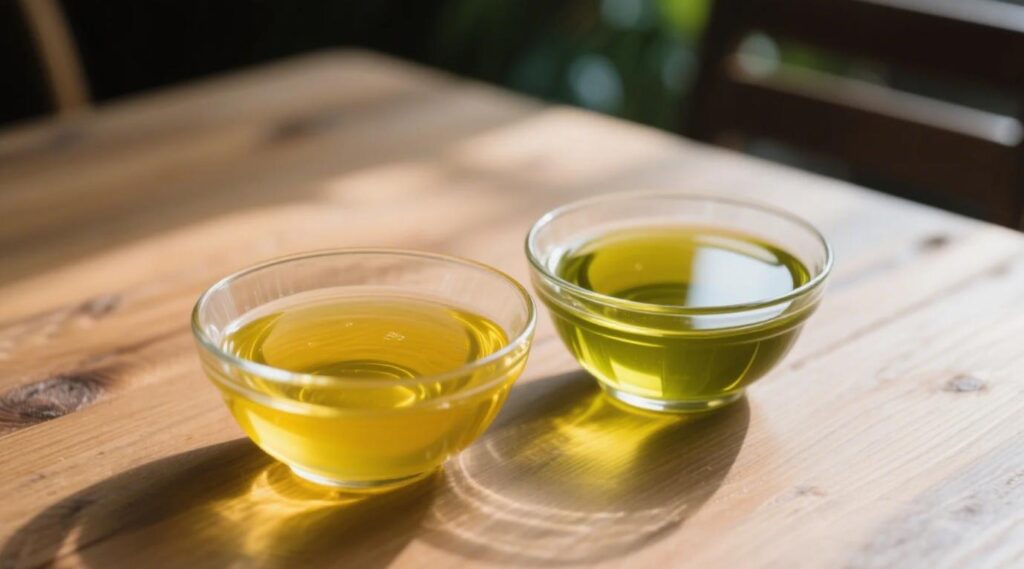
Organic hemp seed oil and hemp heart oil are not only safe for drug screenings but also represent a leap toward holistic wellness. By prioritizing certified, responsibly processed products, you harness nature’s bounty without compromising your lifestyle or career.
Choose Clarity. Choose Quality.
Related Products
Organic Hemp Seeds
Organic hemp seeds offer complete nutrition with optimal protein, fatty acids, and fiber content. Versatile…
Organic Hemp Seed Oil
Available in cold pressed hemp seed oil, refined hemp seed oil, hemp heart oil and…

